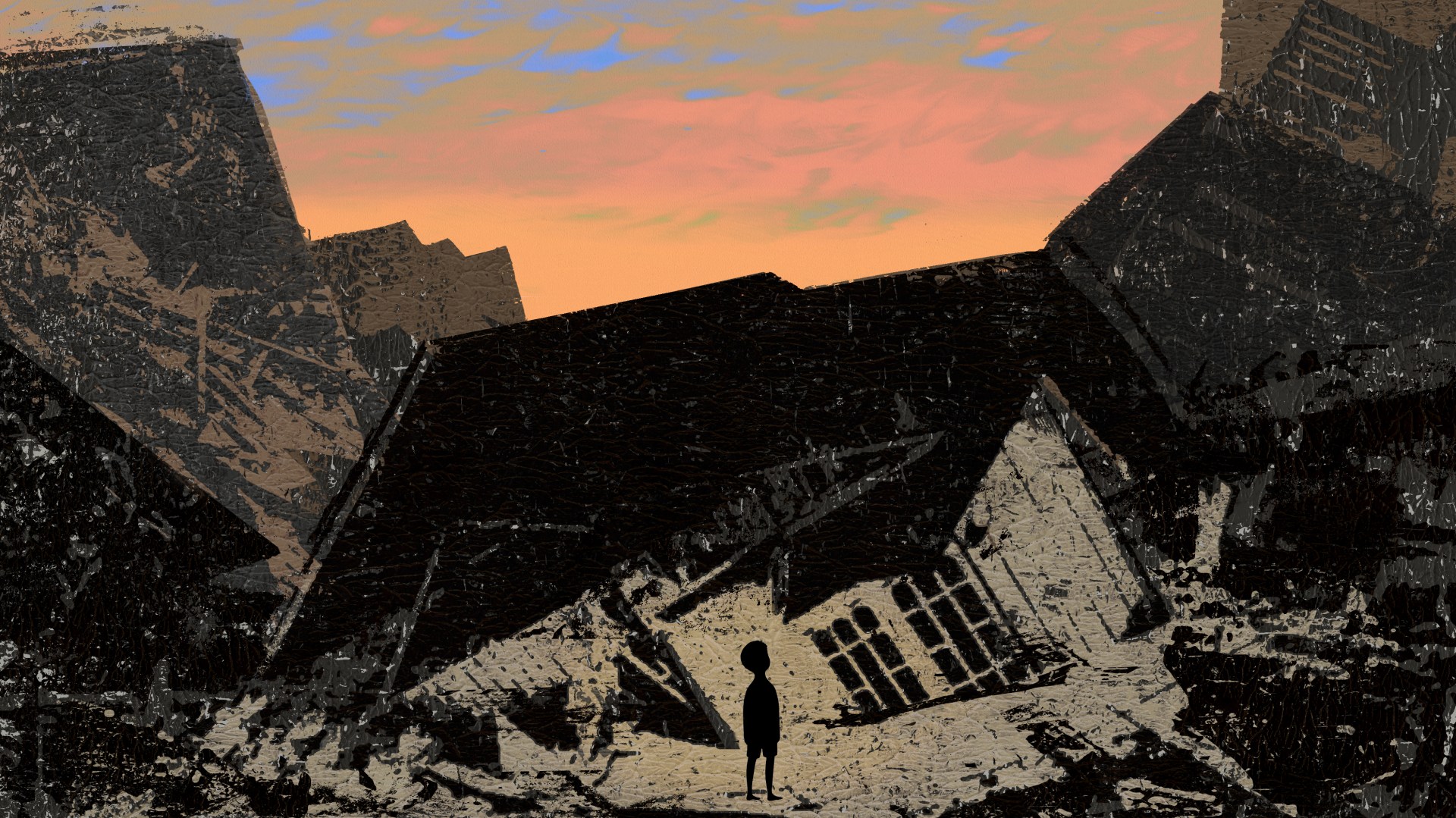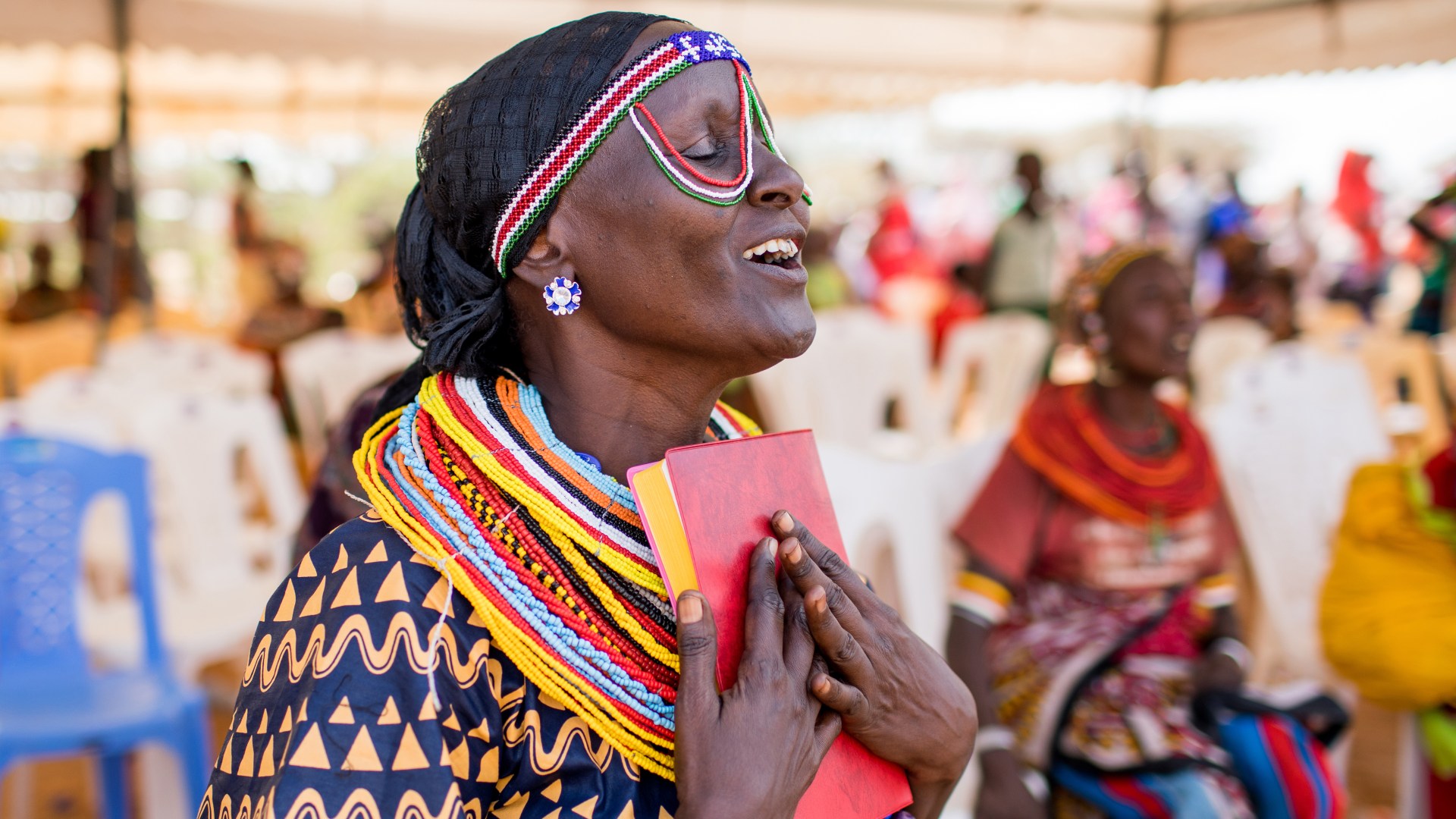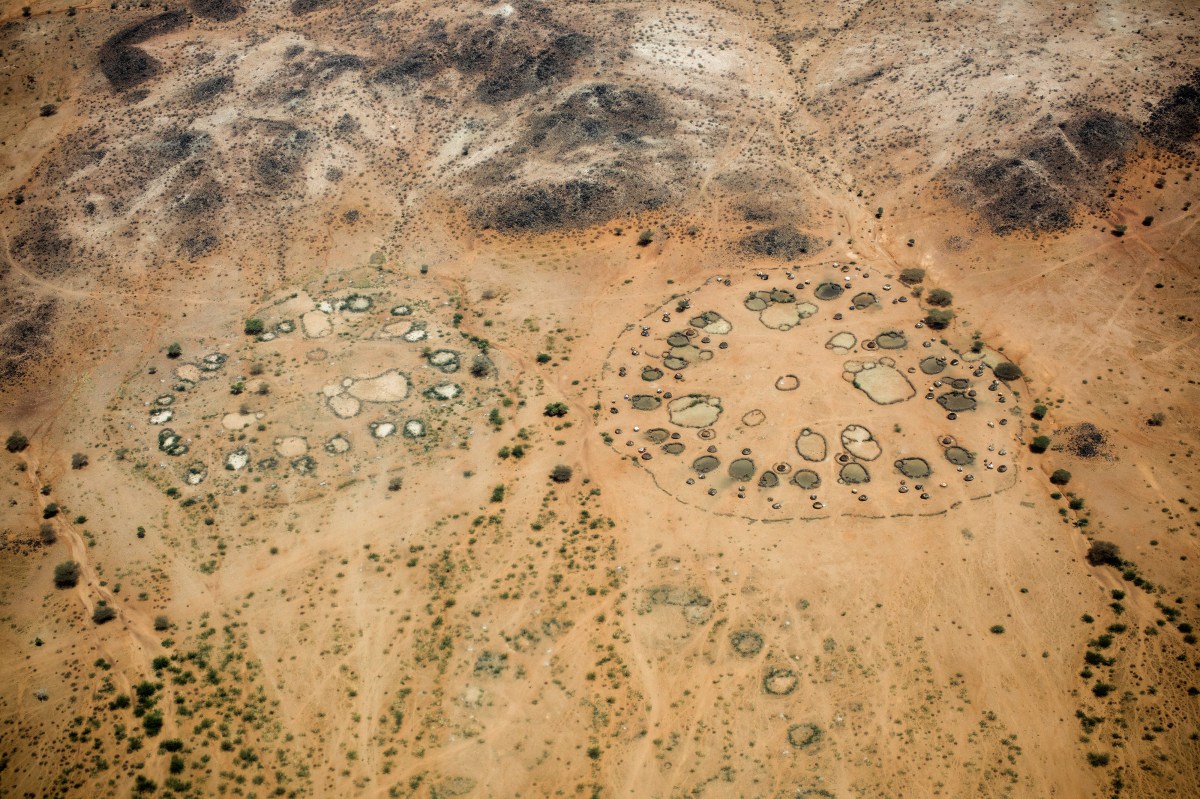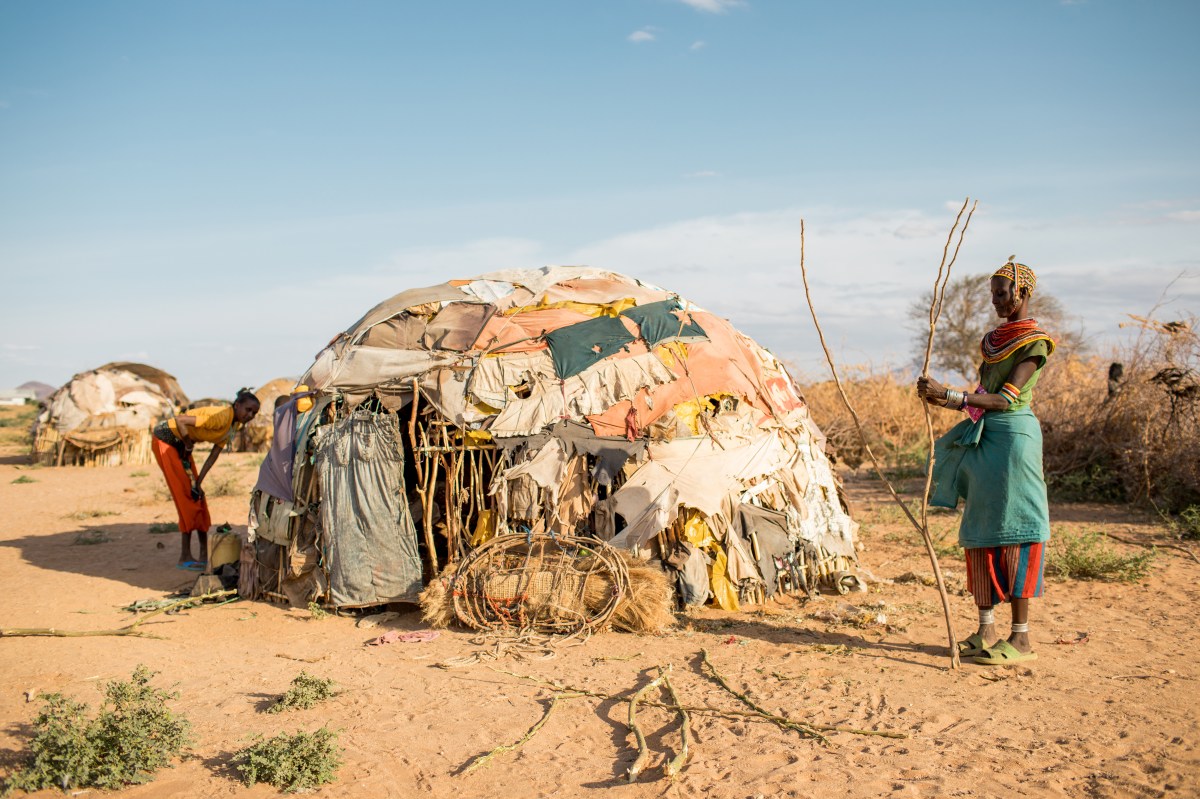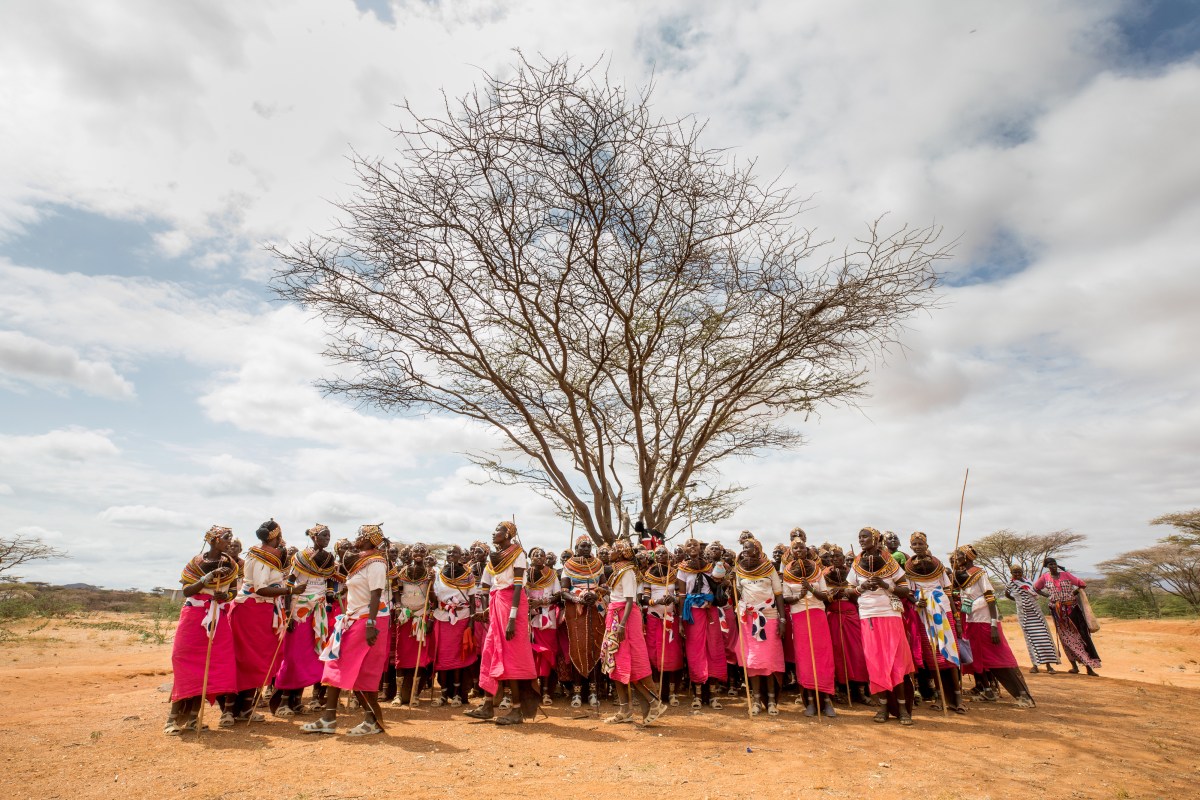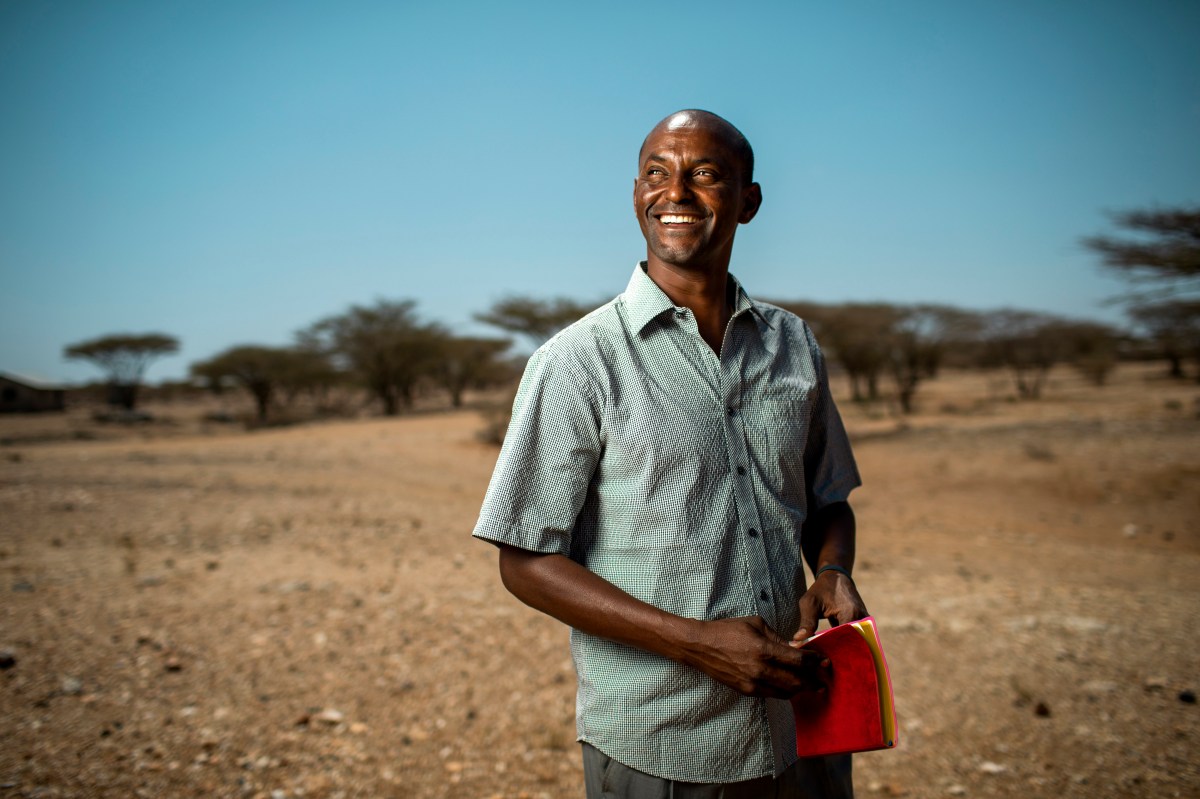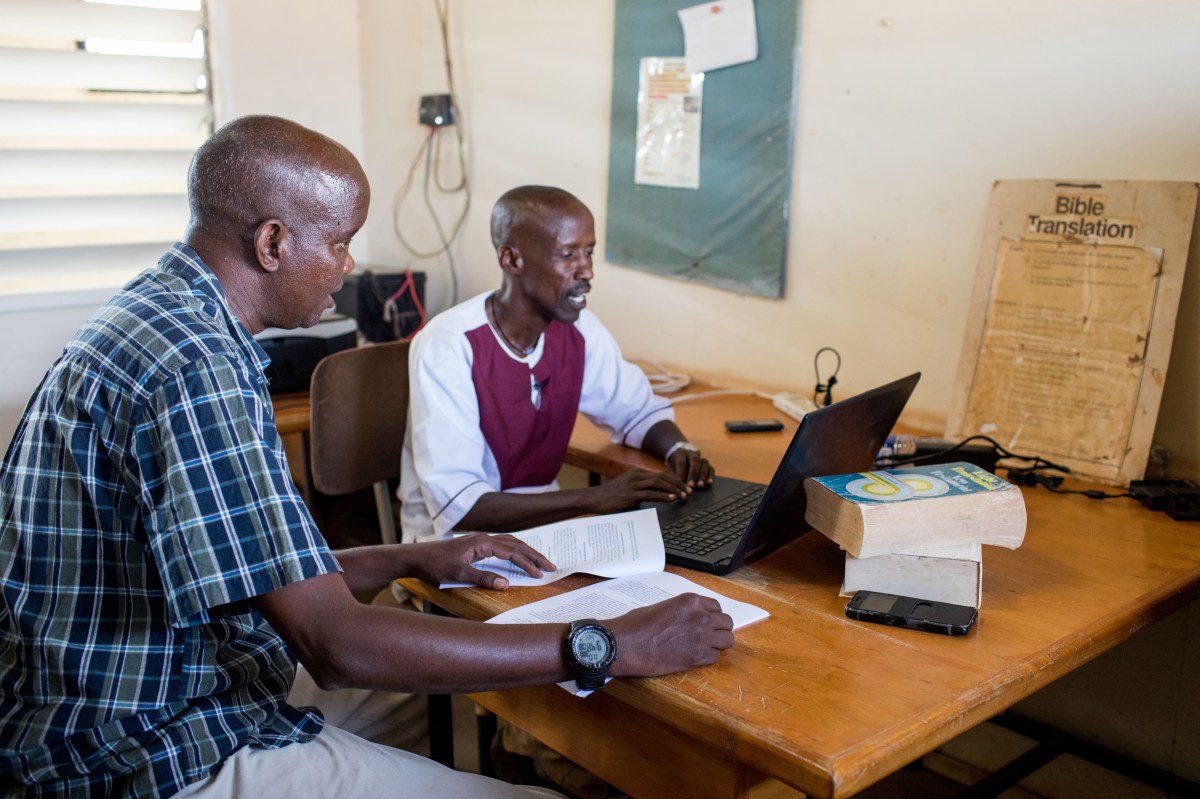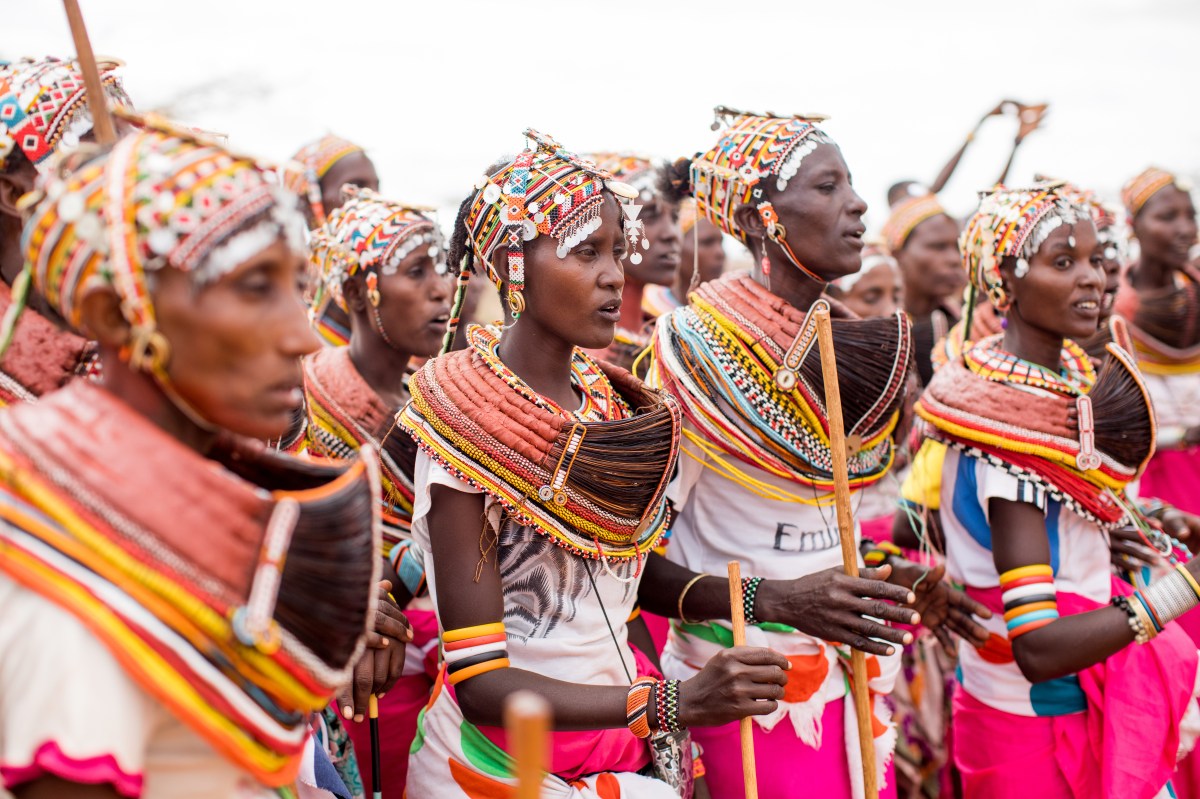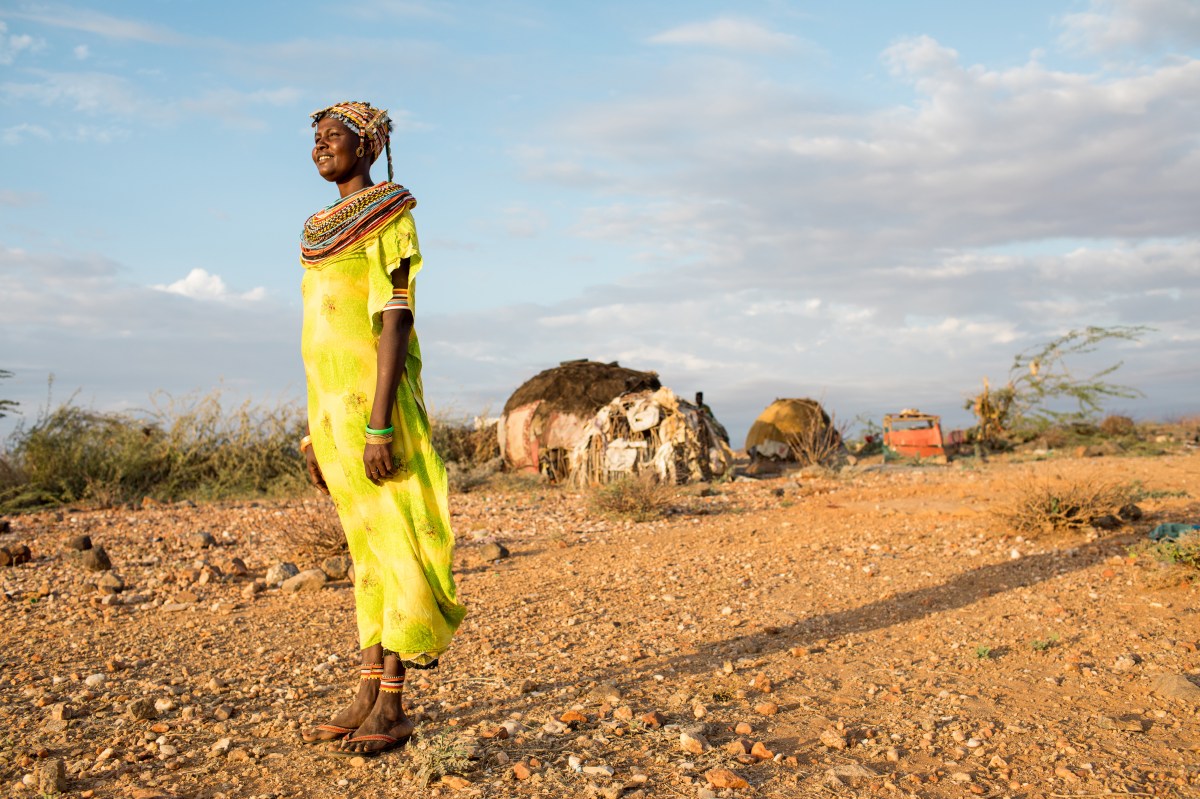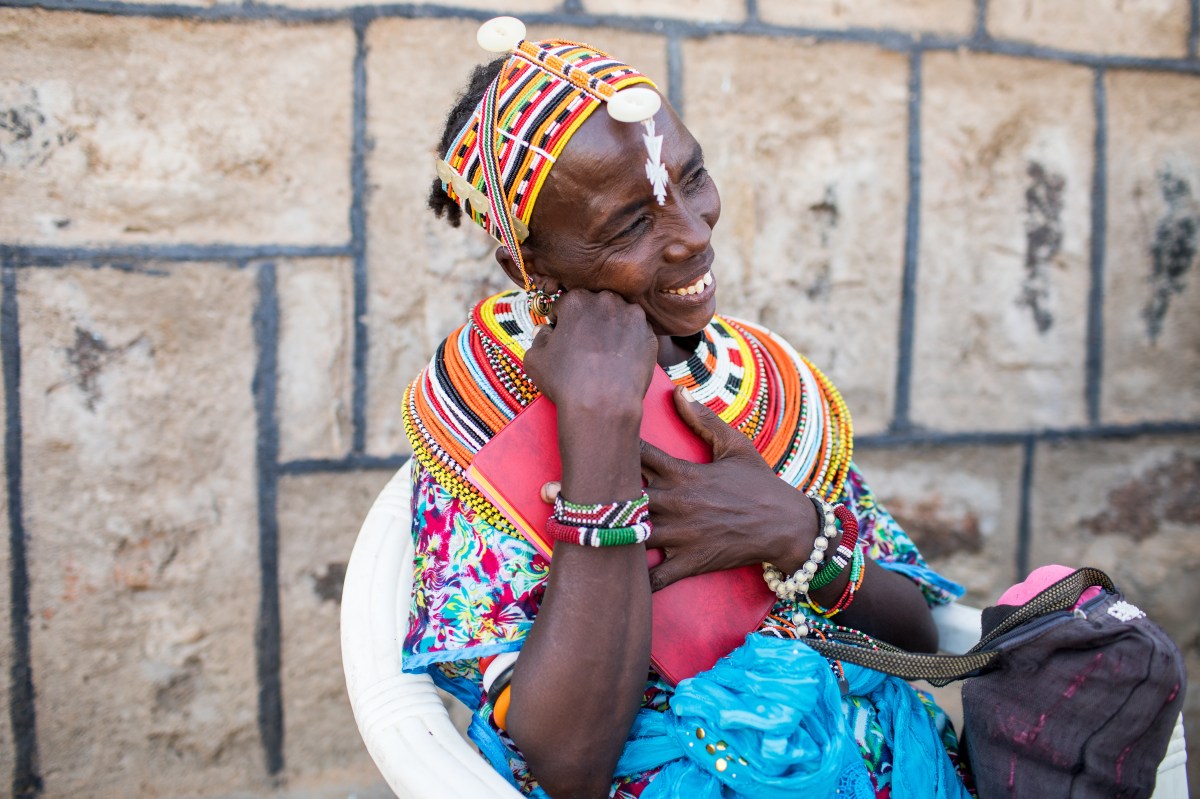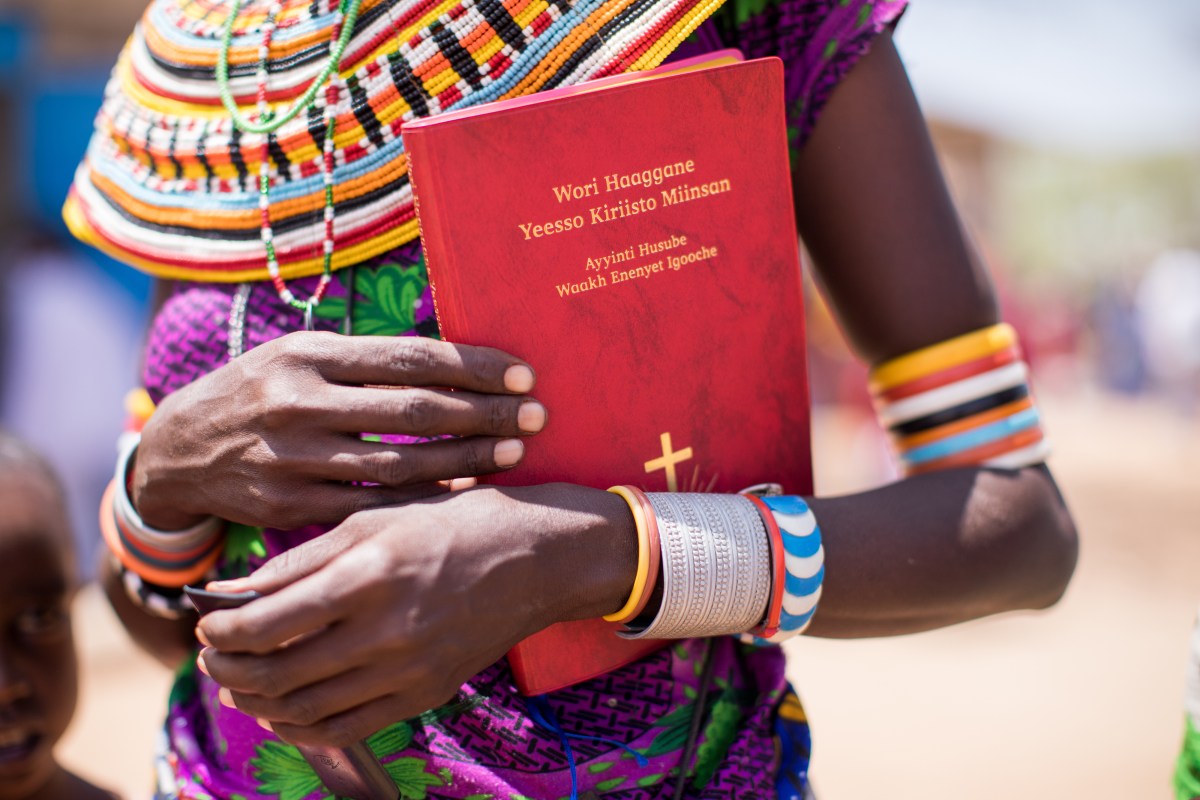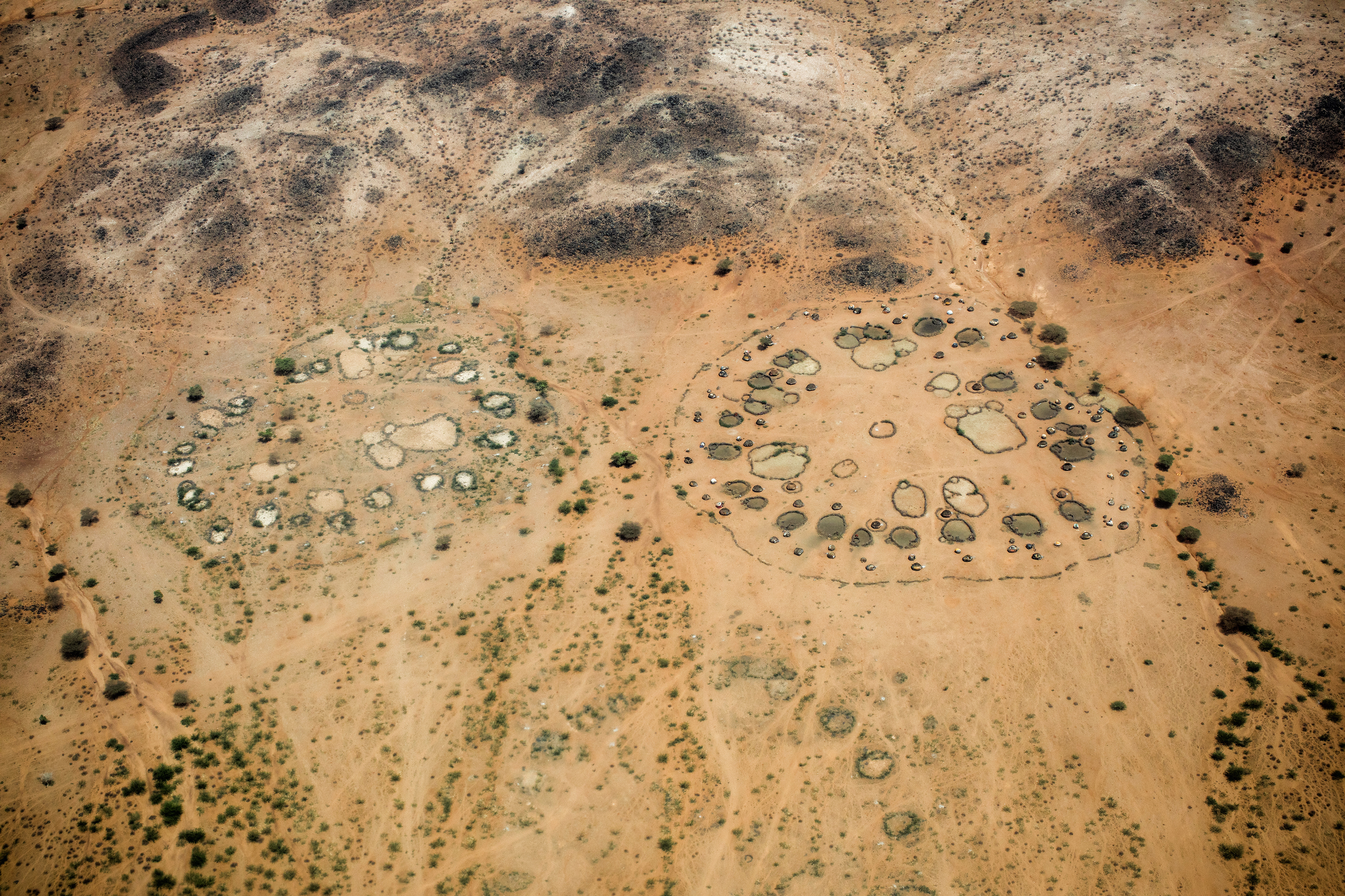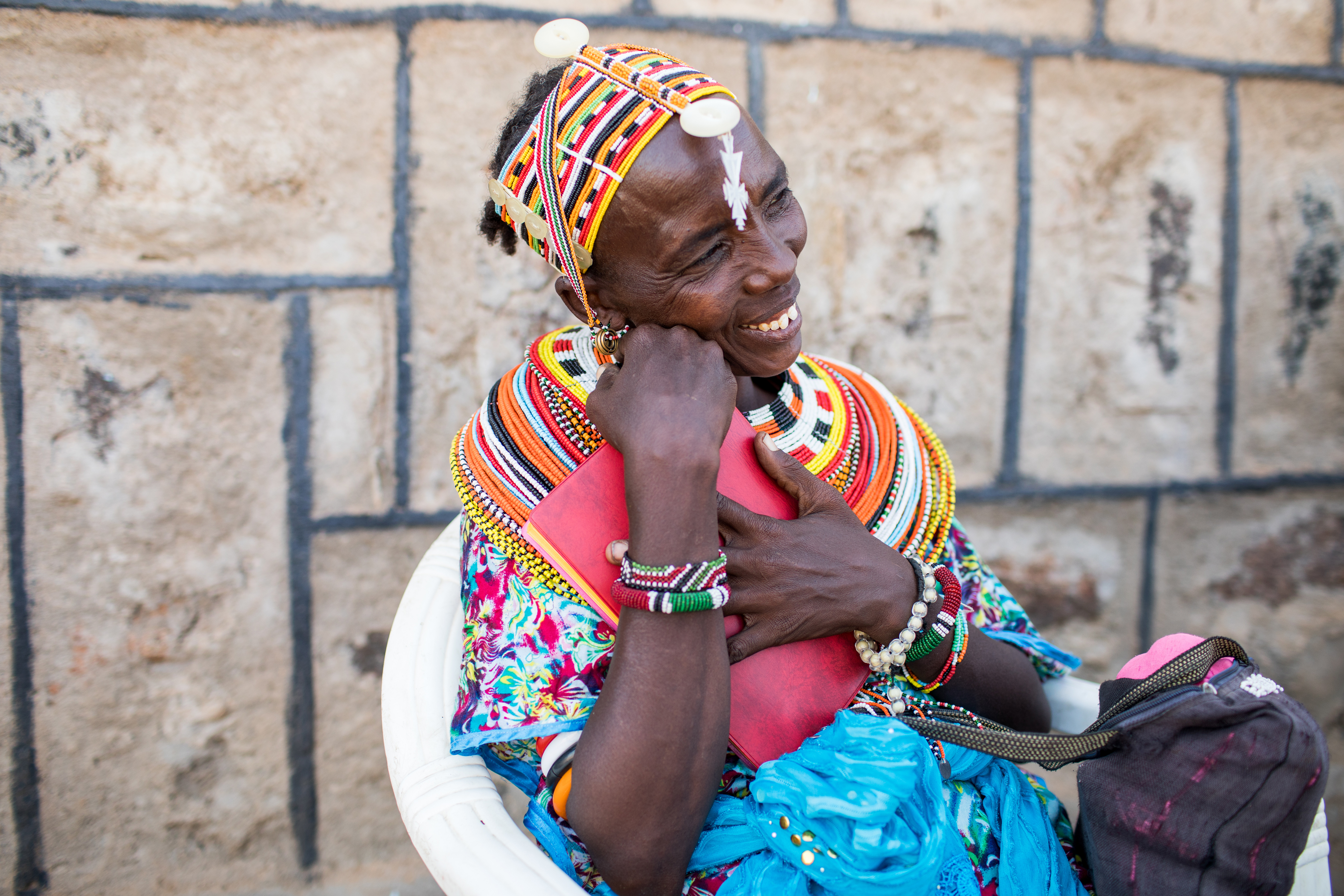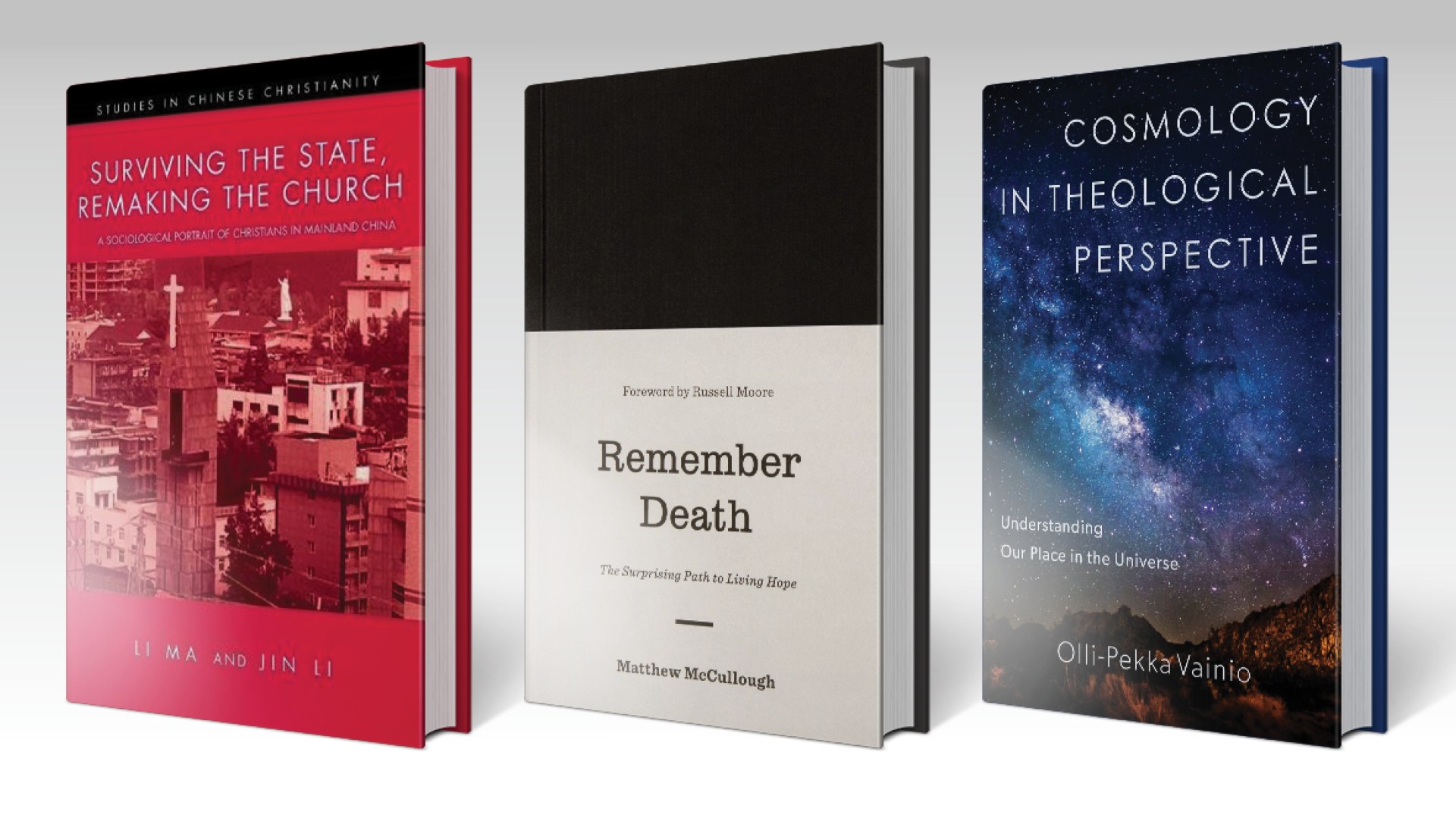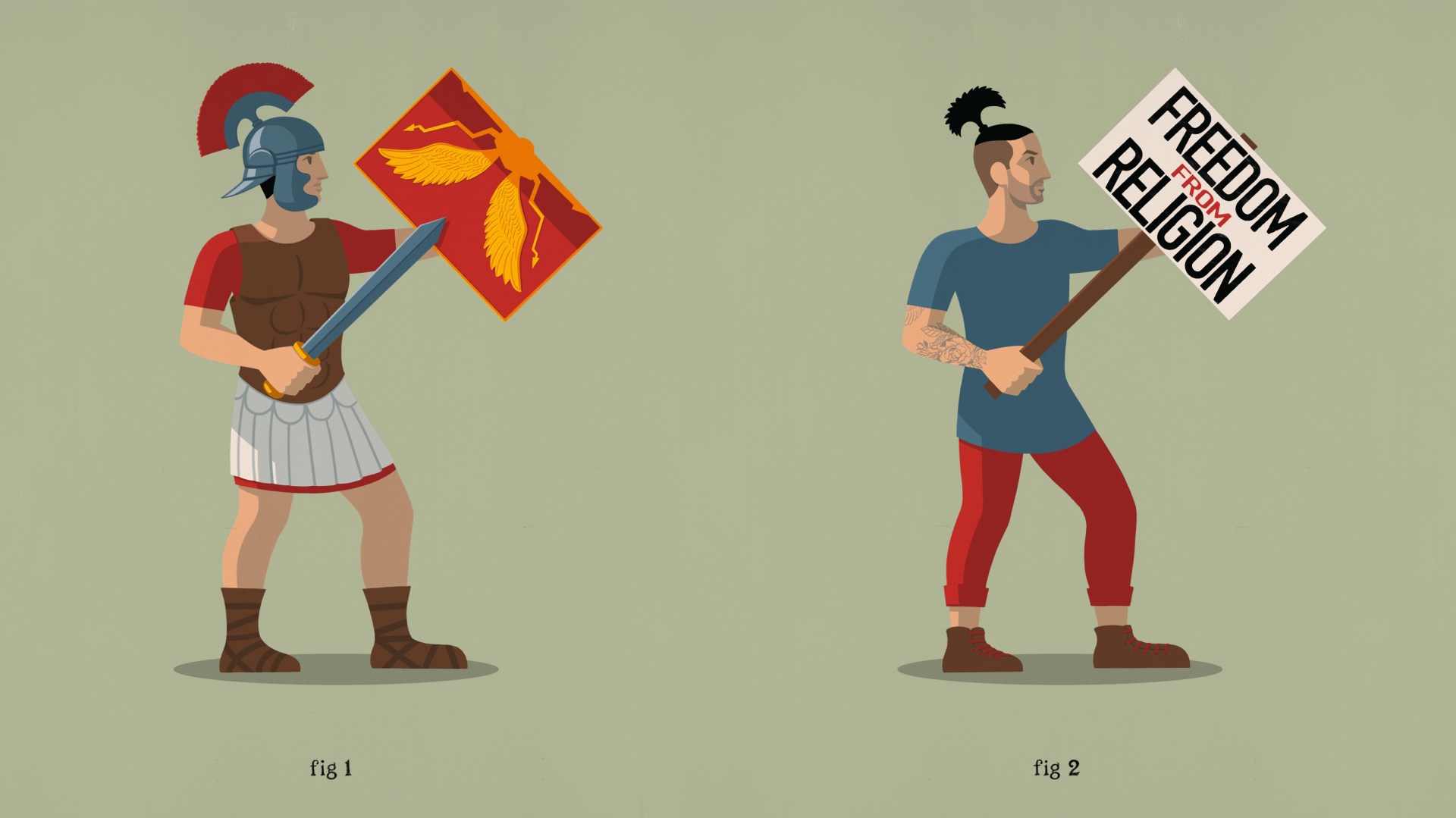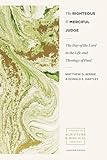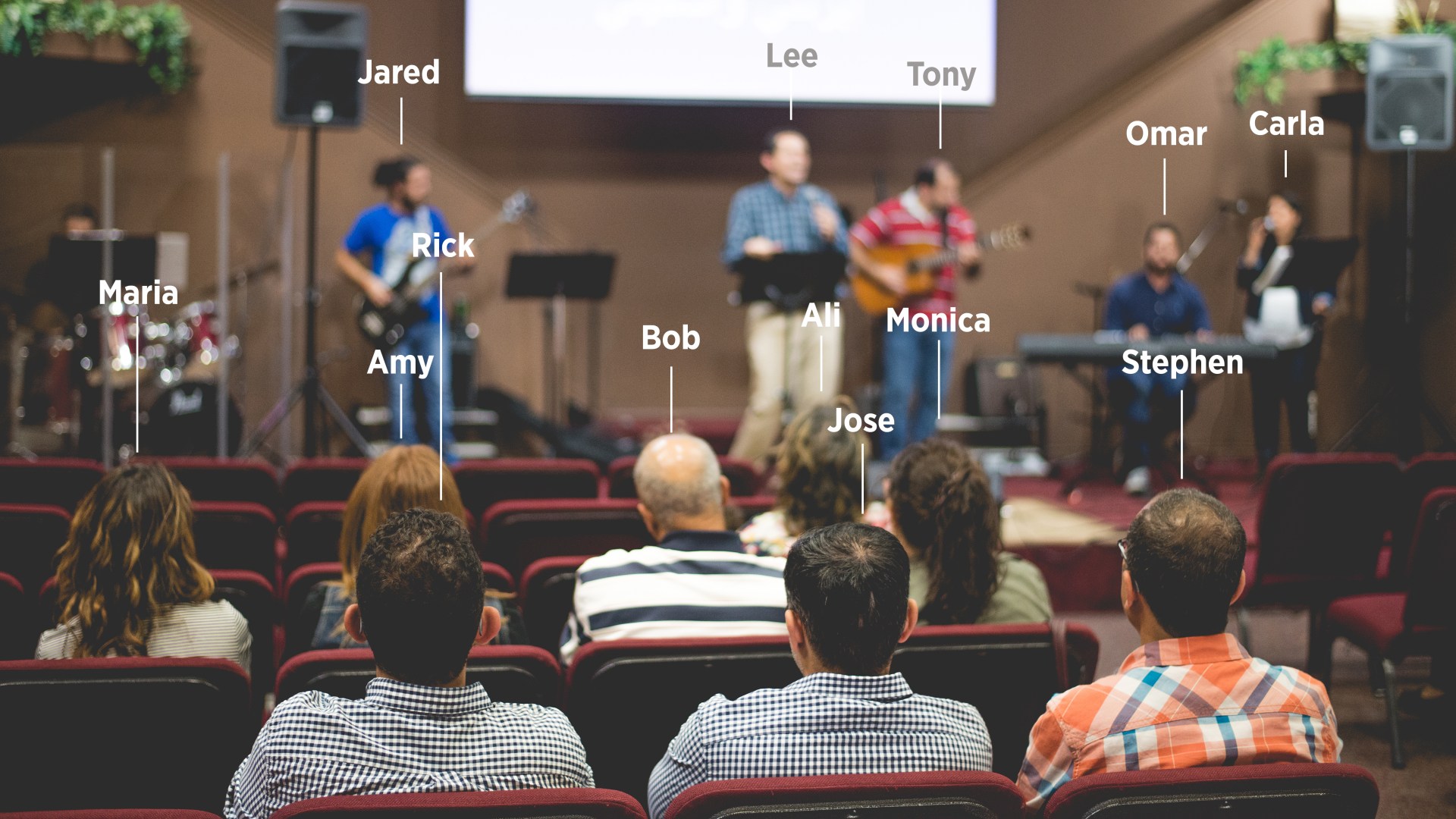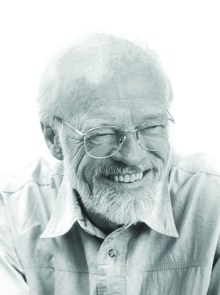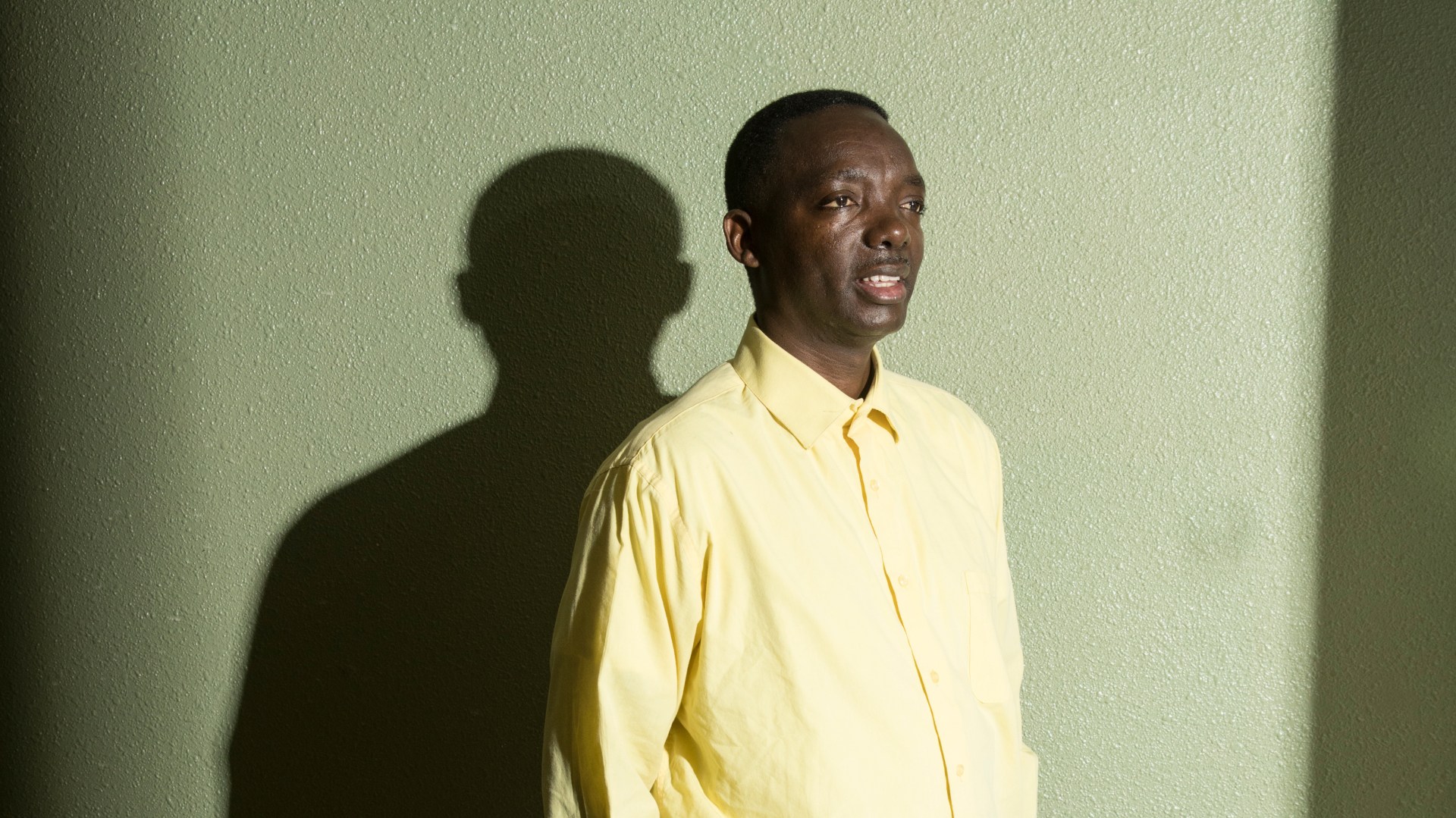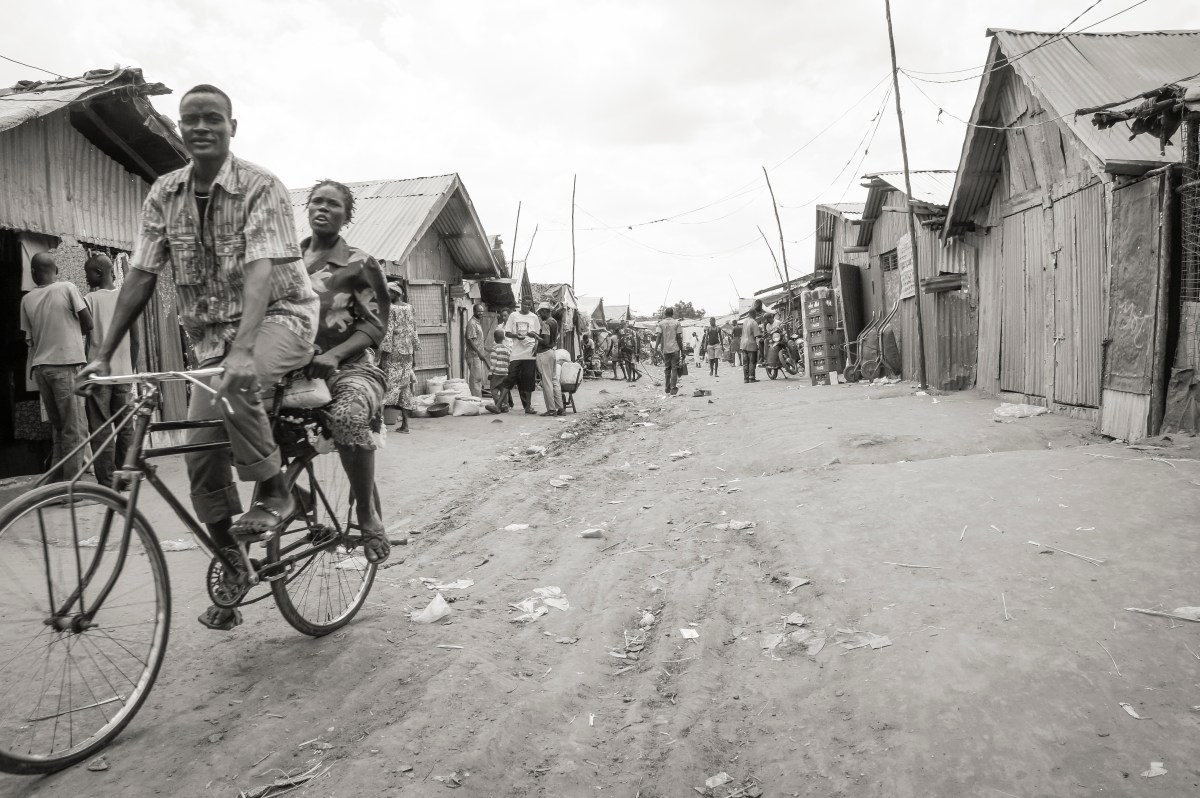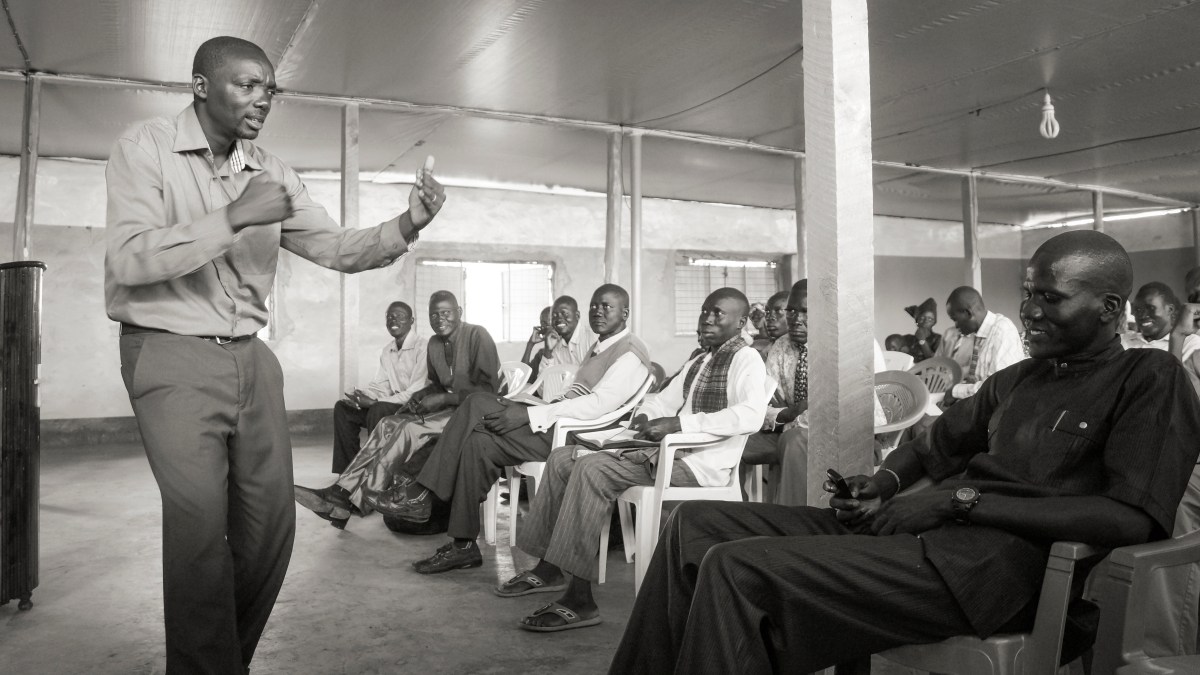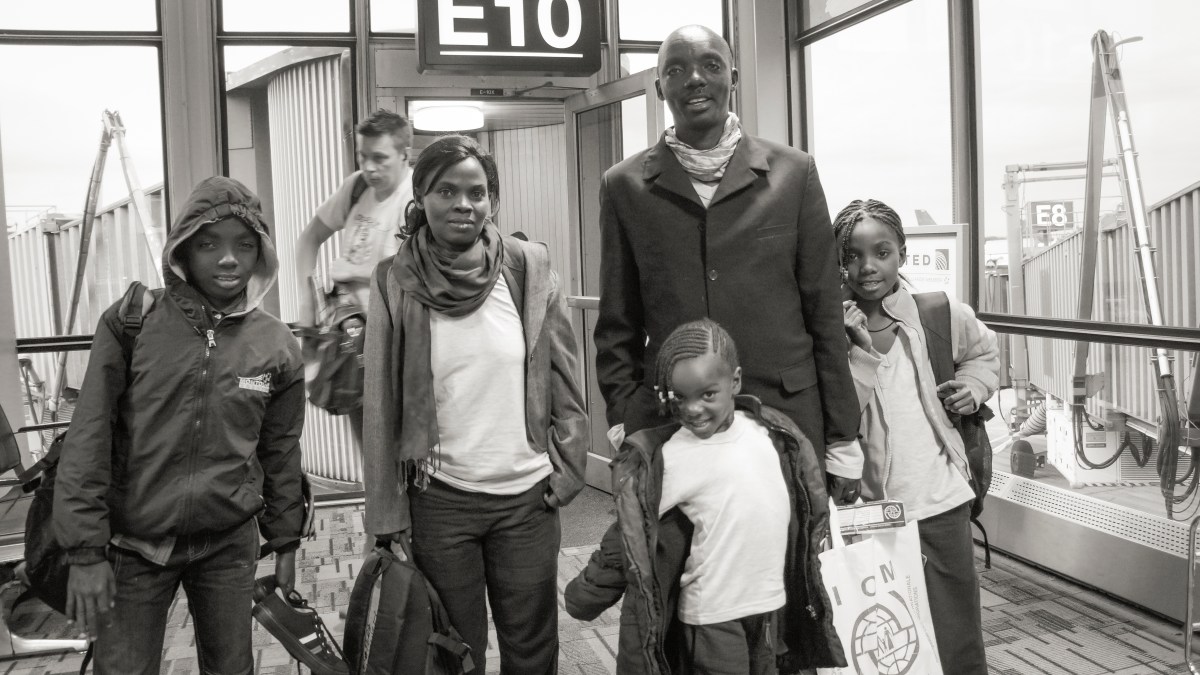In a church in the bayside city of Palu, Indonesia, volunteers smile wide as they lead dozens of children in sing-alongs with hand motions. They pass around coloring pages with packs of crayons and colored pencils. The group sits cross-legged on the white tile floor, hands folded in their laps, to pray together.
It looks like a typical day at Sunday School—and that’s the point. Because outside of the walls of GPID Manunggal Palu, these kids’ world is a disaster zone.
A 7.5-magnitude earthquake struck nearby in late September, causing a massive tsunami, aftershocks, and mudslides that killed more than 2,000 of their neighbors—including hundreds of students at a Bible camp. Their streets are unrecognizable, with crumbled buildings and buckled roads. They’ve lost homes, electricity—and normalcy.
“The kids miss their normal routine,” said Priscilla Christin, spokesperson for World Vision Indonesia. “Routines like school are especially important when children have experienced a scary event.”
Days after the earthquake, ministries rushed to provide safe spaces and trauma recovery programs specifically for kids, who often can’t process what has happened or what they’re feeling as readily as adults. “They lack both the language and life experience to understand what they’re going through,” said Jamie Aten, founder and executive director of the Humanitarian Disaster Institute (HDI) at Wheaton College.
Relief charities like World Vision and Samaritan’s Purse have seen on the ground what researchers like Aten have concluded: Even basic care—like a safe location, kids to play with, and someone to talk to—can go a long way toward reducing long-term trauma.
“If you’re meeting the physical needs of a child, know—according to the research that we’ve done—you’re also attending to that child’s emotional well-being and their spiritual well-being and even social well-being,” said Aten, who studied children’s responses to disasters such as the San Francisco earthquake and Hurricane Katrina.
“All of those parts of who we are, that make us human, are all interconnected. When we’re able to intervene in one area, it starts to minister to other parts of that person.”
Across Indonesia’s Central Sulawesi province, nearly a half-million children were affected by the disaster. More than 2,700 school buildings were reported destroyed, so churches and ministries opened their doors to offer kids a place to go beside the makeshift tents their families now live in.
Within three weeks after the disaster, more than 1,000 kids—Muslim and Christian alike—were regularly showing up at World Vision sites across the province. At these “child-friendly spaces,” they could play, sing, draw, and socialize, with the help and direction of trained facilitators. “When we ask them how they feel, some of the children would remain silent, staring at a blank space,” Christin said.
In crisis mode, many little kids have the same big questions as their parents: What will we do next? Why did this happen to us? Where was God?
“Giving them a safe space to play, to learn, to be a child, helps reconstitute themselves, to build confidence. You want to give them opportunities to express themselves, to talk,” said Ken Isaacs, vice president of programs and government relations at Samaritan’s Purse.
In addition to the basic necessities, children need “psycho-social activities, an encouragement, a hug,” he said. “They need to know there’s going to be a tomorrow.”
Unable to deploy teams on the ground due to government restrictions, Samaritan’s Purse coordinated relief efforts in Central Sulawesi through its local church partners in the world’s most populous Muslim country. Christians make up about 10 percent of the population in Palu but up to 60 percent in some surrounding villages, Isaacs said.
The Indonesian Protestant Church in Donggala (GPID), the biggest Protestant denomination in the province, suffered major losses. A GPID Bible camp outside Palu moved nearly a kilometer in a mudslide, burying more than 200 high school students in the mud and rubble.
Aid workers with World Help searched for survivors in surrounding villages, spotting baby strollers in front of collapsed wooden houses and pulling tiny bodies out from the mud.
GPID focused its trauma counseling programs on children, while also reaching out to visit members who lost loved ones or homes, said board member and pastor Yance Darmawan.
The magnitude of loss also weighed on workers and volunteers. David Soetedjo with Indonesian Care, an urban ministry partnering in the relief efforts, asked for prayers for God to continue to enable the workers tasked with providing psychological and spiritual assistance.
“God has suffered with survivors.” ~ Yuberlian Padele, Tentena Theological Seminary
Even worship itself can be a vehicle for routine and normalcy for families after disaster, HDI research indicates.
In Central Sulawesi, Christians began the healing process in worship services, one song and sermon at a time. Some gathered in the grounds where their sanctuaries once stood or held impromptu services at evacuation sites. Congregants tried to balance their sense of trauma with hope that God would bring restoration and renewal, Darmawan said.
In church buildings that withstood the devastation, the tragedy lingered. At Bethany Fresh Anointing, an evangelical church in Palu, the worship band’s keyboardist played in the church’s first gathering since the disaster, even though his home had been destroyed and his wife and son were still missing. On the church’s Facebook page, church members commemorated the dead in comment threads, praying that the youngest victims among them are now in the arms of Jesus.
At Immanuel Church, another evangelical congregation in Palu, the empty pews serve as stark reminders of the friends and neighbors who were trapped or fled after the earthquake. Attendance has dropped from 2,000 to just 300, and church leaders wonder how they will maintain their ministries without the community to fund and support them.
“The church is very instrumental in maintaining the faith of the people,” said Yuberlian Padele, rector of Tentena Theological Seminary and former general chairperson of the Central Sulawesi Christian Church (GKST), a major Reformed denomination in Indonesia.
Several Salvation Army congregations in Central Sulawesi immediately organized open kitchens and temporary schools and reached out to serve their Muslim neighbors. “We are the same victims of the tsunami,” said Major Santi White. At churches, she said, you can tell that the Christian community “is very close to God” in the midst of the recovery. “They feel fear of the Lord.”
As they look to the future of the faith they hope to pass down to the next generation, local Christians have to reconcile the physical destruction with eternal hope. “The vast majority of very mature Christians accept the reality of the loss and destruction,” Padele said. “God has suffered with survivors; God will always defend them in starting a new life. God has prepared the best life now and in the future.”
Kate Shellnutt is associate online editor for Christianity Today.
Was this article helpful? Did we miss something? Let us know here.

